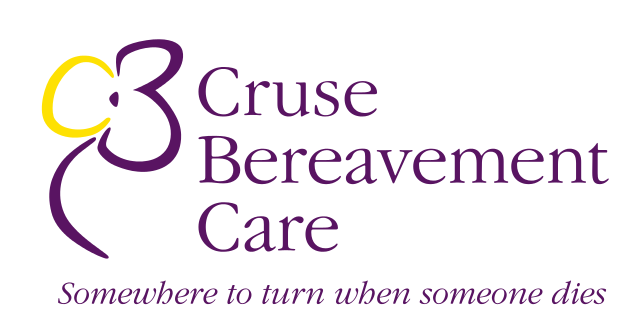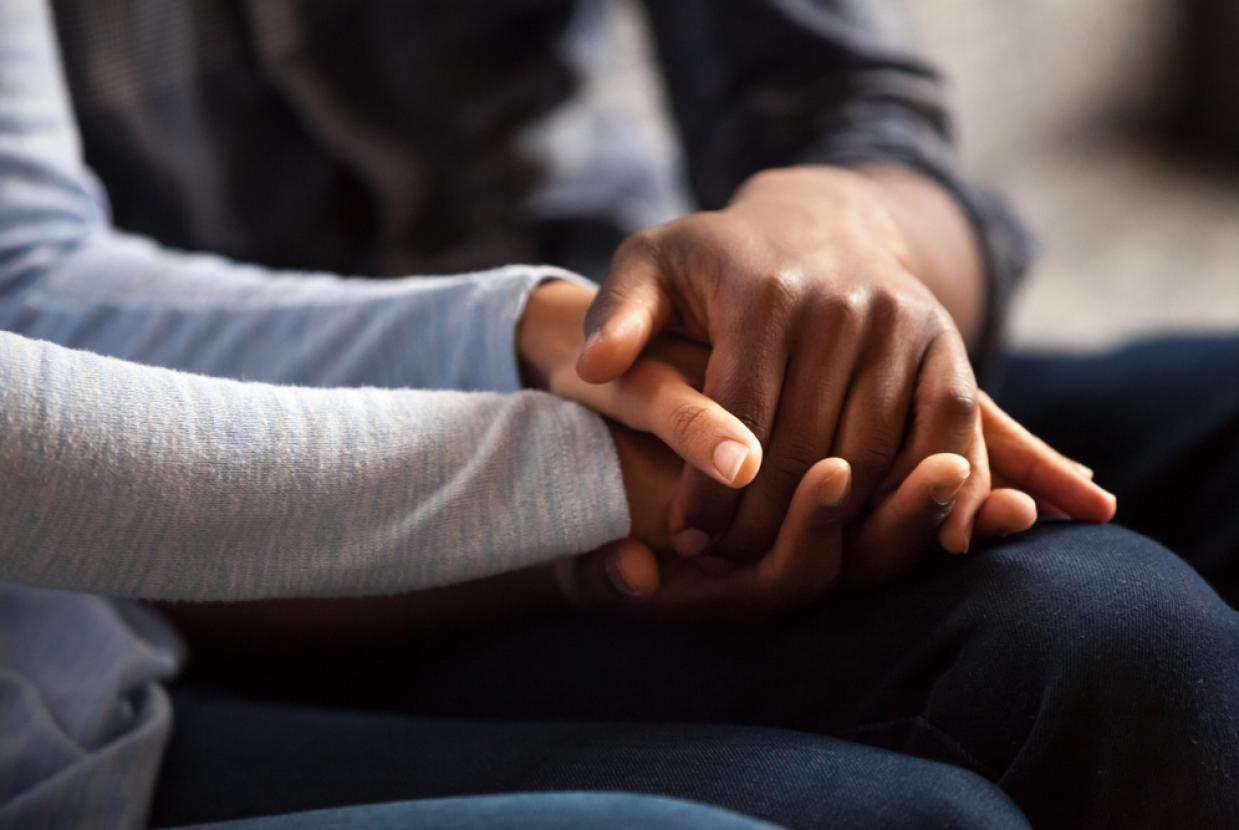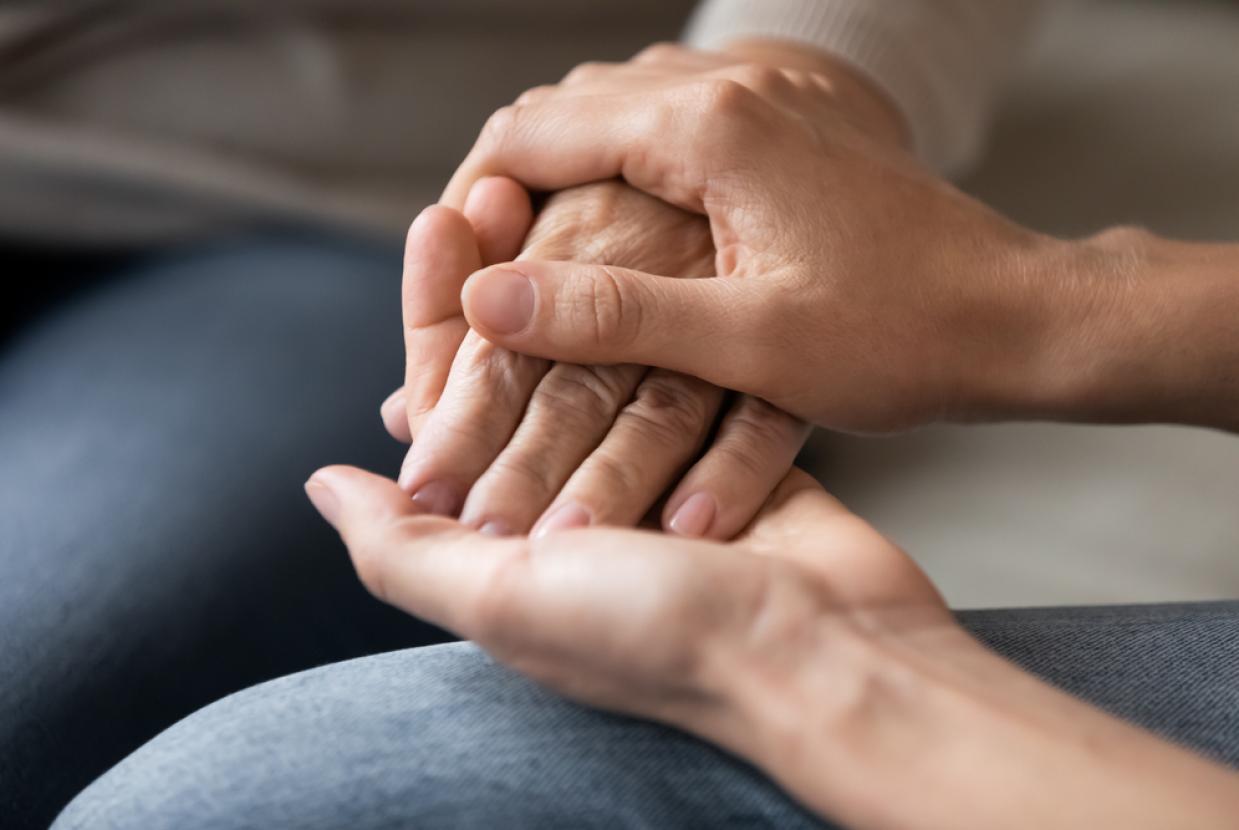Talking To A Bereaved Person
One of the most helpful things you can do for someone who is grieving is be there to listen.
How to talk to someone when they are grieving
One of the most helpful things you can do for someone who is grieving is be there to listen. We offer a few tips on how to start conversations and how to be a good listener. You may want to adapt what you say depending on when the person died.
Suggestions for when someone is first bereaved
Get in touch
When someone dies phoning, sending a card, text or email can mean the world. Acknowledge the news by saying how sorry you are that their friend or relative has died.
Be honest
Share your thoughts about the person who died (if appropriate), tell your friend or relative how much the person will be missed and that you are thinking of them. Remind them that you are there for them, as much as you can be.What to expect
After a death it is common for bereaved people to want to go over the events leading up to the death, sometimes many times. They may want to talk about the person and tell you stories. They may cry through these stories or just cry down the phone. It can be hard to hear but just being there can be a great comfort. Alternatively they may be overwhelmed and need some time to adjust. Don’t assume this means they won’t want to talk after some time has passed.
Don’t worry too much about saying exactly the right thing
The feeling will come across and it is more important that you say something than that you find the perfect words. If you can’t think of the right words, here are some examples:
- I don’t know what to say but I am so sorry to hear this news.
- I am so sorry for your loss – you are in my thoughts.
- I’m so sad to hear this and I’m here if you need to talk.
- They were such a wonderful person/so selfless – full of positivity/kindness [whatever feels appropriate] – they will be hugely missed.
- They will be missed so much – they were so special. You are in my thoughts.
- I am so very sorry to hear this sad news. I cannot imagine how devasted you are.
- I cannot imagine the hole that she/he will have left. If you need anything, let me know.
- So very shocked and saddened by this sad news. Hard to believe [name] has gone. I am here when you need me.
- This is so heartbreaking – I wish I could be there to give you a hug
Starting conversations after some time has passed
It can be heart-breaking for the bereaved person when people stop mentioning the person who died. Sometimes you might really want to help but just feel unsure about how to start.
Don’t be afraid to bring up their name or the fact they are not here anymore. It is normal to want to start a conversation with ‘How are you?’ but this can be an impossible question to answer for a bereaved person. Better suggestions are ‘How are you today?’ or ‘How have you been this week?’.
Here are some things to consider if you want to start a conversation after more time has passed:
- I’ll be thinking about you and X next week on your anniversary/their birthday/Mother’s Day/etc.
- I was thinking yesterday about that time when we all …
- I found these photos of X, did I ever share them with you?
- I read something in the paper that made me think of X …
Being a good listener
When you are listening to someone who is grieving, your role is not to fix their problem. You both know you cannot bring the person they have lost back. But just being with someone through their experience can be an enormous help.
- Concentrate on what they are saying, and try not to think about your response until they have finished.
- Show you are listening by nodding or or saying something like ‘mmhmm’.
- You can check you have understood by trying to summarise what you think they have said back to them.
- Try not to rush in and share your own experiences straight away.
- Only offer advice if they ask for it – just letting someone speak is useful in itself.
What to avoid saying
It’s more important that you say something than worry too much about offending someone. However there are some things it’s usually best not to say if possible.
'I know how you feel’
Every bereavement is different and every relationship is different. Don’t compare bereavement to non-death losses such as divorce, or to the death of a pet. These are also very painful losses but now is the time to listen rather than share.
‘It must be a relief in a way’
Even if the person was suffering, or your bereaved friend or relative was in a difficult and stressful caring role, the loss of someone can be both a shock and incredibly painful. Relief may be part of what they feel but you can’t make any assumptions.
'In time you’ll meet someone else’
When someone has lost a partner, talking about future relationships might make them feel you are devaluing the person who has died, or the pain they are in. If and when to consider a new relationship is a very personal decision.
‘At least you still have …’
No other person can replace someone who has died and it’s not fair to expect them to. Your friend or relative needs time to feel sad and miss the person they have lost, even if they have other wonderful people in their life.
‘They would want you to be happy’
A bereaved person may not be able to help how they feel. Knowing the person who died would not want them to fall apart might just end up making them feel guilty.
‘Time is a great healer’
Most people do learn to move on with life, and have happy times while remembering those they have lost. But the pain of losing someone close will always be there. Feeling better can’t be forced and someone in the depths of grief might not be able to imagine feeling better.






































